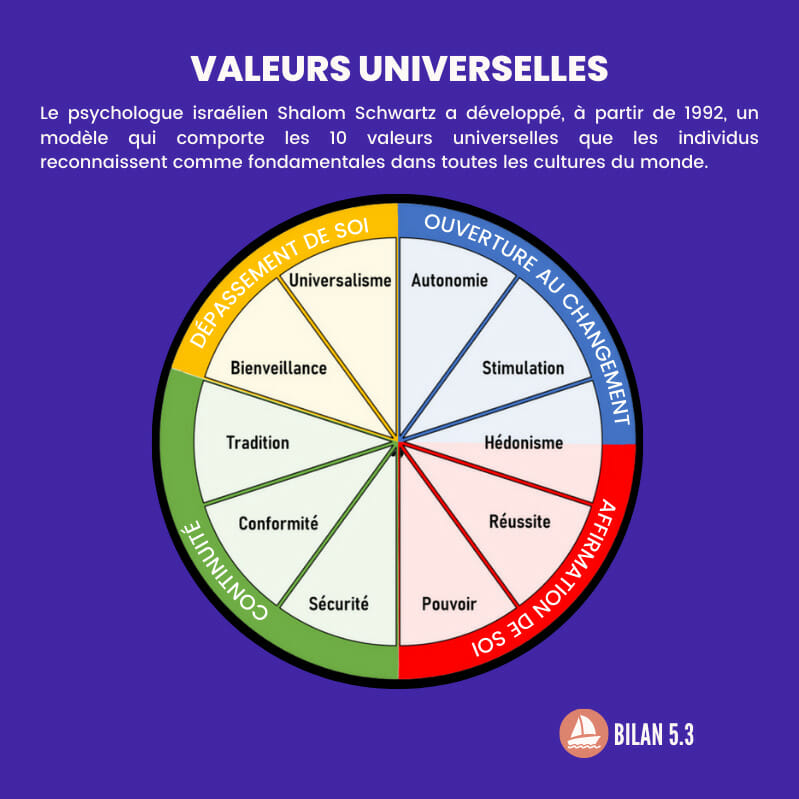Each deviation from the routine that allows us to live in the morning on “autopilot” can create a snowball effect on the rest of the day, bringing in its wake fatigue, a drop in concentration and productivity.
-1604681387.jpg)
- The morning routine is essential to start a good day. The slightest hitch can make us lose our footing.
- If the routine is disrupted, it calls into question the rest of the day.
- As a result, a poorly executed routine leads to being more tired, less productive and less focused.
Who has never had a bad day because of a pillow breakdown that has messed up their morning organization? The morning routine, the one we do every day without realizing it, is essential to start a day off right. Disrupt one of these elements and the whole working day suffers. This is the conclusion reached by researchers from the universities of Wyoming and Texas (United States). In a study published in Personal Psychologythey explain that a disrupted morning routine wastes energy and weakens productivity for the rest of the day.
Automation to make our day easier
The morning routine works like a metronome; it’s what helps us start a day off right. Still on autopilot, we perform actions repeated hundreds of times that set us up for the day. All the sequences are calibrated, often to the nearest minute, in order to optimize his time. However, if one morning you’re late and you don’t have time to have your coffee when you get out of the shower, because you’re going to miss your train, the whole day can be called into question.
“Whatever the routine, interruptions to it make employees feel less engaged and less productive throughout the daysays Shawn McClean, assistant professor of management and marketing at the University of Wyoming. Routines automate the basics of everyday life, they help conserve energy to devote to achieving goals during the day. But when a routine is disrupted, what was previously automated requires conscious reflection..”
To be convinced of this, the researchers conducted two studies with university employees. They interviewed them three times a day for three weeks to find out how well they followed their morning routine. The team also inquired about their mental focus, their level of calmness and the energy they put into work throughout the day.
Stay the course no matter what
Even when taking into account their sleep qualities or level of fatigue depending on the day of the week, the researchers found that people were less calm and more mentally exhausted on days when their morning routine was disrupted. In addition, they put less heart into their work and progressed more slowly in their daily goals.
“Find something predictable to anchor the morning around, like waking up at the same time, walking the dog before having that first cup of coffee, or spending 20 minutes meditating or doing yoga.insists Shawn McClean. This provides a foundation around which to structure the rest of the morning. However, it is not always possible to avoid disrupting routines. When this happens, it is essential to get back on track.”
If the balance created in the morning by an employee is essential, he is not the only one to come into play. In corporate life situations, it is also the employer’s duty not to play the role of the grain of sand that disrupts the mechanics. This is the conclusion of the study left by Shawn McClean.
“While it can be tempting to call employees first thing in the morning, it can disrupt an essential part of their morning routine. Answering this call could disrupt the typical flow of the morning, causing the employee to forget to pack lunch for their child, and forcing them to temporarily leave work later in the day to deliver lunch to their child. This way, a single disruption can snowball into lower productivity over an entire workday..”
.















